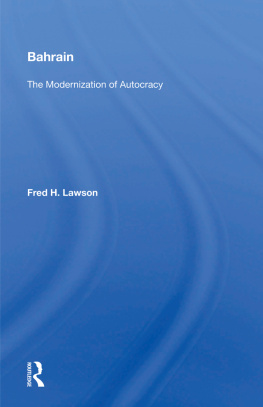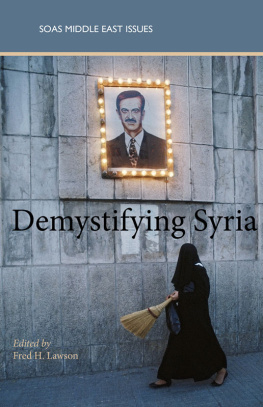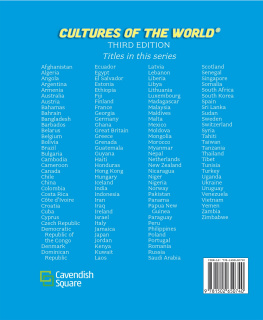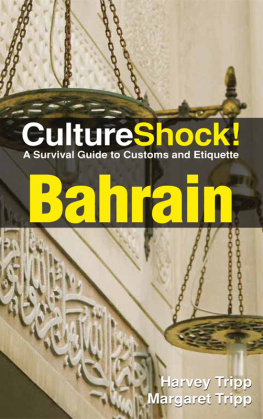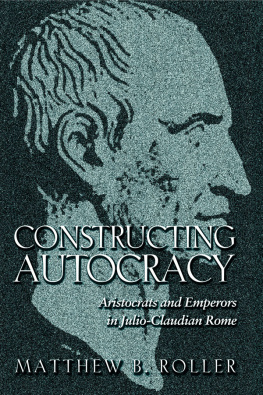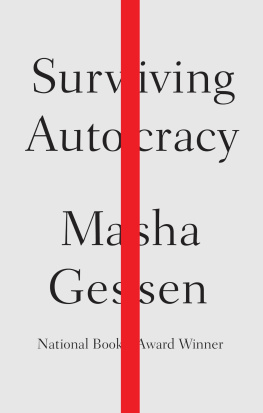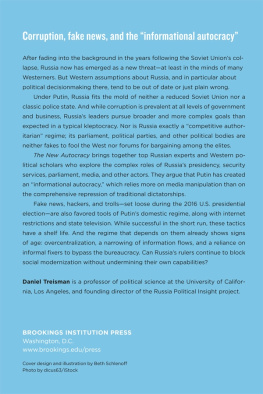BAHRAIN
Westview Profiles Nations of the Contemporary Middle East
Bernard Reich and David E. Long,
Series Editors
Iran: At War with History, John W. Limbert
Algeria: The Revolution Institutionalized, John P. Entelis
Israel: Land of Tradition and Conflict, Bernard Reich
The Republic of Lebanon: Nation in Jeopardy, David C. Gordon
Jordan: Crossroads of Middle Eastern Events, Peter Gubser
South Yemen: A Marxist Republic in Arabia, Robert W. Stookey
Syria: Modern State in an Ancient land, John F. Devlin
Turkey: Coping with Crisis, George S. Harris
The Sudan: Unity and Diversity in a Multicultural State,
John Obert Voll and Sarah Potts Voll
Libya: Qadhafi's Revolution and the Modern State, Lillian Craig Harris
The United Arab Emirates: A Venture in Unity,
Malcolm C, Peck
Afghanistan: Marx, Mullah, and Mujahid, Ralph H. Magnus
Bahrain: The Modernization of Autocracy, Fred H. Lawson
Oman: The Modernization of the Sultanate,
Calvin H. Allen, Jr.
Tunisia: Crossroads of the Islamic and European Worlds ,
Kenneth J. Perkins
North Yemen, Manfred W. Wenner
Bahrain
The Modernization of Autocracy
Fred H. Lawson
To the memory of
Malcolm H. Kerr
who taught me that studying
Arab politics could be fun
First published 1989 by Westview Press
Published 2018 by Routledge
52 Vanderbilt Avenue, New York, NY 10017
2 Park Square, Milton Park, Abingdon, Oxon OX14 4RN
Routledge is an imprint of the Taylor & Francis Group, an informa business
Copyright 1989 by Taylor & Francis
All rights reserved. No part of this book may be reprinted or reproduced or utilised in any form or by any electronic, mechanical, or other means, now known or hereafter invented, including photocopying and recording, or in any information storage or retrieval system, without permission in writing from the publishers.
Notice:
Product or corporate names may be trademarks or registered trademarks, and are used only for identification and explanation without intent to infringe.
Library of Congress Cataloging-in-Publication Data
Lawson, Fred Haley, 1952
Bahrain: the modernization of autocracy/Fred H. Lawson.
p. cm.(Westview profiles. Nations of the contemporary Middle
East)
Bibliography: p.
Includes index.
ISBN 0-8133-0123-8
1. Bahrain. I. Title. II. Series
DS247.B2L39 1989
953'.65dc19 88-28690
CIP
ISBN 13: 978-0-367-00590-0 (hbk)
| Tables |
| Figures |
| Maps |
| Bahrain |
| Photos |
Present-day Bahrain is at the same time unique among the Arab oil-producing Gulf states and indicative of future developments in these amirates. Its uniqueness lies in the social, political, and economic structures of the country: The indigenous population is characterized by a peculiar set of overlapping cleavages; the country's industrial work force has a history of militant action and a degree of political consciousness unmatched in neighboring states; and the islands' economy has achieved a level of diversification into non-petroleum-related activities that is the envy of planners in the surrounding area. But at the same time, Bahrain's rulers confront the same problems that face those of the other smaller Arab Gulf states: rapid urbanization, increasing numbers of immigrant laborers, dramatic fluctuations in the price of petroleum on international markets, and growing instability in the region as a whole. And because the country's oil reserves are relatively limited and are being rapidly depleted, the regime has considerably fewer resources to use in meeting these challenges than it had in previous decades. How Bahrain's dominant social coalition deals with this situation may well set a precedent for other oil-producers on the Arab side of the Gulf.
This study provides an overview of current trends on the islands and of the social and historical context from which they have emerged. It is intended as an introduction to Bahraini affairs for the general reader and thus makes use of the existing literature wherever possible. So as not to discourage the uninitiated, the use of Arabic terms in the text has been kept to a minimum, and only works in English are included in the Notes and Suggestions for Further Reading. The social basis for the country's political and economic affairs is laid out in , the country's foreign policy is discussed and the ways traced in which the government has tried to cope with a variety of external threats.
Although the book is not a detailed scholarly monograph, it does include some new interpretations of Bahraini affairs. This is partly because there remain serious gaps in the literature on the islands' history and politics and partly because works on more recent events often neglect crucial matters. Thus, I do not believe anyone else has told the story of the nationalist movements of the 1950s quite the way I have; no other study has put trends in the country's economy into the same categories I do; and I am sure no one else has attempted to present a Bahraini perspective on international relations in the Gulf. All of these interpretations will no doubt be viewed as controversial. But I trust they will stimulate further thinking and fieldwork about this pivotal and fascinating country.
David Long and Lawrence Shrader read successive drafts of this study in their entirety and provided me with meticulous criticisms, all of which improved the presentation and argumentation of the final product. Rosemarie Said Zahlan sent me a copy of the modern history proceedings of the Bahrain Through the Ages Conference convened by the Bahrain Historical and Archaeological Society in December 1983, along with much-appreciated words of encouragement at the start of the project. Karen Pfeifer made helpful suggestions concerning the organization of the chapter on contemporary economic trends, and John Voll checked my remarks on Islamic jurisprudence against his encyclopedic knowledge of the subject. By making an exception in my case, Ruth Baacke of the George Camp Keiser Library of the Middle East Institute made it possible for me to acquire copies of essential source materials; Laurie Brand not only played an accessory role in this particular caper but has also been an unfailing source of succor. Barbara Wimpee took time away from remodeling her house to prepare the map of the islands. Grants from the faculty development committees of Smith College and Mills College supported the initiation and completion of this study, respectively; whatever utility the resulting book may have as a teaching tool is a direct result of my association with these two exceptional institutions. At Smith, Carolyn Lattin ferreted out a number of vital references during the early stages of the project. At Mills, Trina Iieras and David Wells-Roland-Hoist transformed confusing lists of statistical data into comprehensible tables, while Ruth Cohen produced the photographs. Finally, I owe considerable debts to Nancy Campagna, for the obsolescent typewriter, and to my wife, Deborah, for the hours I spent pounding away at it.
Fred H. Lawson
Oakland, California
1. Transliteration of Arabic words and names has generally followed the system adopted by the International Journal of Middle East Studies, with the exception of commonly used place names, e.g., Manama. The symbol ' represents the Arabic consonant ' ayn .


